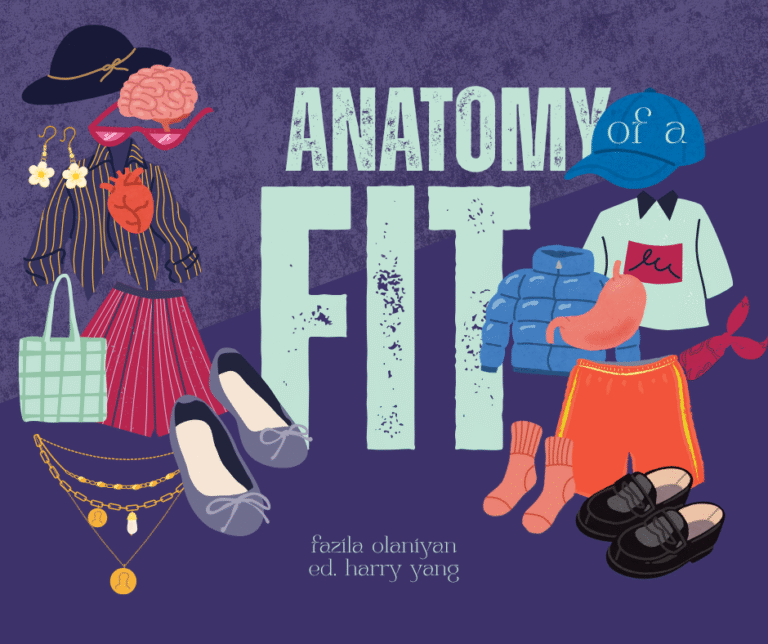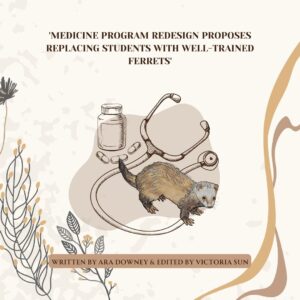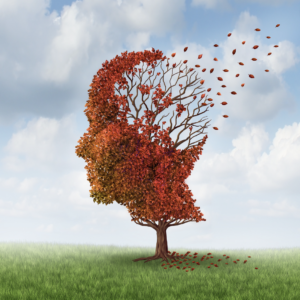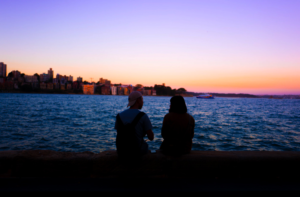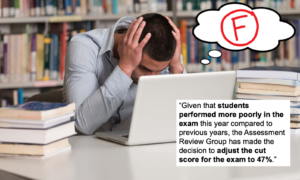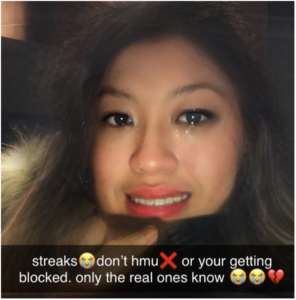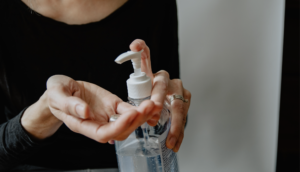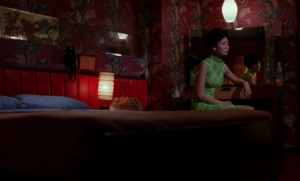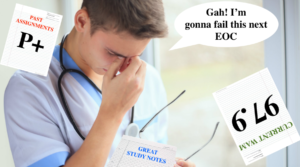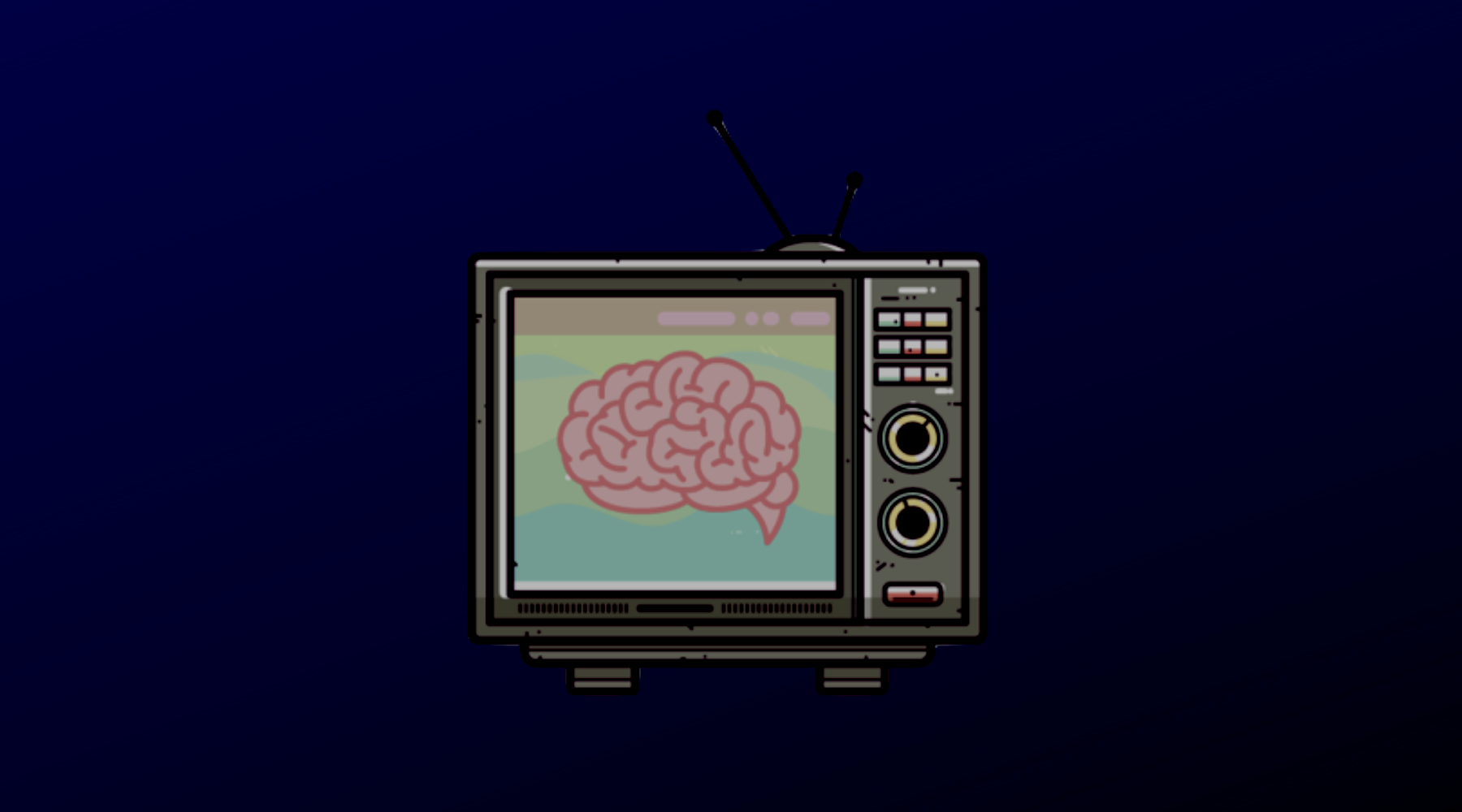
Written by ELEANOR HALL (edited by KATERINA THEOCHAROUS)
Disclaimer: there are few things I love more than relaxing to trashy TV, and Love Island is definitely one of the trashiest! The show throws together a bunch of beautiful people and waits for drama to ensue, and we – as the audience – lap up the most salacious storylines. But of course, it’s an open secret that all that drama doesn’t always happen by itself – it’s curated life.
Some of you may have seen the TV show UnREAL, which portrays the underground world of producers manipulating contestants. In one season, they even push a contestant to suicide. UnREAL is fiction, but recent events have made me question how far from the truth it really is, and what responsibility we have as audience members to protect people who participate in reality TV.

In the past year alone, two former contestants of Britain’s Love Island have committed suicide, which has spurred a British parliamentary enquiry into the ethics of reality TV. For those of you who don’t watch the show, Love Island is about young, attractive, single British people who live in a Spanish villa and have to ‘couple up’ with each other. The UK then votes on which ‘couples’ they want to stay until one pair wins 50,000 pounds. The goal for many contestants is fame, allowing them to live as ‘influencers’ making money off massive social media followings.
Love Island’s response to the criticism was to offer 14 months of continuing contact with contestants, as well as social media, financial and lifestyle advice. This may sound reasonable at first, given that most reality TV shows also offer 24/7 psychology services, but both interventions are incredibly vague. There are no laws mandating psychologists on reality shows, and even if a show has them the production team is free to ignore their input. This has led to some psychologists refusing to work for the shows, after ‘failing’ applicants in their evaluations who have subsequently been cleared by producers. Reality shows can easily cast unstable, at-risk people in their shows, and in many cases they do, because volatile people make good TV. The very premise of reality TV relies on drama – conflict, distress, lack of control and danger – often at the direct cost of contestant’s mental health.

Writing this article, I was reminded of this year’s Australian season of Married at First Sight. On numerous occasions, so-called ‘experts’ encouraged participants to stick with seemingly toxic relationships, even in the face of gaslighting and cheating. This was because having conflict within and between the relationships created drama and storylines that could be turned into gripping sound-bites. It is this trauma that contestants are subject to – attention and unending scrutiny both during and after the show – that can push vulnerable contestants into a dangerous place.
The message sent by these situations were foreshadowed in the movie Network [spoilers incoming], where a disillusioned TV broadcaster, Howard Beale, threatens to kill himself on live air. Instead of outrage, or pulling Howard off the air, a TV executive keeps him on because his rants are attracting high ratings. At the end of the movie, after Howard’s ratings have dropped, the same executive assassinates him on live television, coining the phrase “the story of Howard Beale, the first known instance of a man who was killed because he had lousy ratings.” The movie was made in the 70s as a satirical warning at ratings-driven content, which achieves its goal by endangering the safety and sanity of its TV puppets. It’s this dehumanisation and devaluing of TV personalities, particularly those in reality TV, that concerns me.

This same dehumanisation occurs with the people cast as ‘villains’ in reality TV. We receive a curated story of their actions painting them in the worst light, as mean, intense, clingy, even dangerous. They have no idea this is happening when they’re on-set, then they enter back into the world and receive a torrent of hate, and sometimes death threats. These stars aren’t perfect, and they often do morally questionable things, but ‘cancel culture’ (where there is a social media campaign to no longer follow or support stars in any way) had made their public fall brutal. And some part of me worries we delight in watching them fall.
So, I come back to my question: where does our responsibility lie? Not only as audience members but as future doctors who want to promote safe mental health practices. On one hand, it’s a person’s free choice to participate in reality TV, and the rewards can be great – money and fame. But if that freedom of choice comes with the price of mental harm, or is made in the context of mental health issues, then surely, we need to have more protections in place.
My view is that there should be more stringent psychological evaluations on applicants, bound by standardised regulations. Furthermore, I think that psychologists should have a degree of separation of shows, in the least, to make participants feel more comfortable with seeking help. Then comes the question of our responsibility, because we consume the drama and ultimately fuel it. To be completely honest, I don’t know the answer. I won’t pretend to be above it, because I like watching reality TV, but I do think we should speak out against unsafe situations regarding mental health that we witness on shows. When I witnessed what appeared to be gaslighting on MAFS, I emailed the show about my concerns. I think we do have a responsibility to call out reality shows that overstep contestants’ boundaries and place them in compromising positions.
I think it can be incredibly easy to dismiss the mental health concerns of reality stars, they’re usually beautiful and rich and feel removed from our reality. They’ve made a conscious trade-off: access to their lives for fame. But with that access comes a degree of culpability of audiences who watch and contribute to the fall of reality stars.
Advocating for laws and regulations that protect mental health is an important aspect of being a medical student and doctor. Have we perhaps fallen short on reality TV? I would honestly love to hear your thoughts and ideas.







